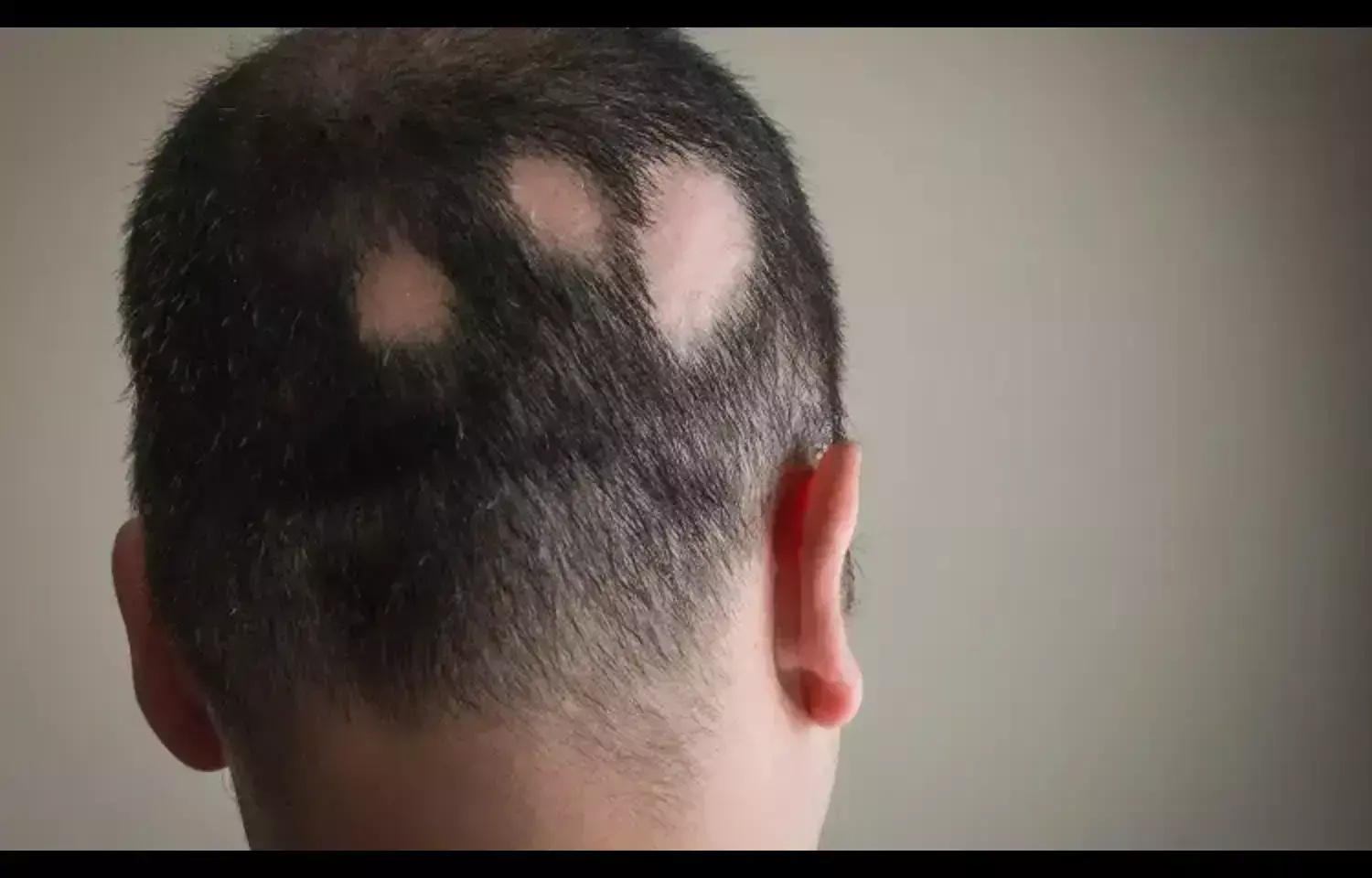- Home
- Medical news & Guidelines
- Anesthesiology
- Cardiology and CTVS
- Critical Care
- Dentistry
- Dermatology
- Diabetes and Endocrinology
- ENT
- Gastroenterology
- Medicine
- Nephrology
- Neurology
- Obstretics-Gynaecology
- Oncology
- Ophthalmology
- Orthopaedics
- Pediatrics-Neonatology
- Psychiatry
- Pulmonology
- Radiology
- Surgery
- Urology
- Laboratory Medicine
- Diet
- Nursing
- Paramedical
- Physiotherapy
- Health news
- Fact Check
- Bone Health Fact Check
- Brain Health Fact Check
- Cancer Related Fact Check
- Child Care Fact Check
- Dental and oral health fact check
- Diabetes and metabolic health fact check
- Diet and Nutrition Fact Check
- Eye and ENT Care Fact Check
- Fitness fact check
- Gut health fact check
- Heart health fact check
- Kidney health fact check
- Medical education fact check
- Men's health fact check
- Respiratory fact check
- Skin and hair care fact check
- Vaccine and Immunization fact check
- Women's health fact check
- AYUSH
- State News
- Andaman and Nicobar Islands
- Andhra Pradesh
- Arunachal Pradesh
- Assam
- Bihar
- Chandigarh
- Chattisgarh
- Dadra and Nagar Haveli
- Daman and Diu
- Delhi
- Goa
- Gujarat
- Haryana
- Himachal Pradesh
- Jammu & Kashmir
- Jharkhand
- Karnataka
- Kerala
- Ladakh
- Lakshadweep
- Madhya Pradesh
- Maharashtra
- Manipur
- Meghalaya
- Mizoram
- Nagaland
- Odisha
- Puducherry
- Punjab
- Rajasthan
- Sikkim
- Tamil Nadu
- Telangana
- Tripura
- Uttar Pradesh
- Uttrakhand
- West Bengal
- Medical Education
- Industry
Real-World Study Confirms Baricitinib's Effectiveness for Alopecia Areata

A recent real-world study conducted in China has confirmed that baricitinib, a Janus kinase (JAK) inhibitor, significantly improves hair regrowth in patients with various forms of alopecia areata, including totalis, universalis, and eyebrow/eyelash loss.
The study observed a substantial reduction in the Severity of Alopecia Tool (SALT) scores, with an average improvement from 70.21 at baseline to 48.51 after treatment. A total of 47 patients met inclusion criteria. At weeks 12 and 24, 47% and 53% achieved SALT 20, respectively. By the end of treatment (24–104 months), 78.7% achieved SALT 20.
The overall SALT score improvement before and after treatment was 48.51 (±30.36), with a hair regrowth rate of 68.10% ± 35.45%. Patients with disease duration ≤ 4 years showed significantly greater SALT score improvement and shorter time to hair regrowth onset compared to those with > 4 years.
At week 24, 85.2% and 90.4% achieved ClinRO scores of 0/1 for eyebrow and eyelash alopecia, respectively. Negative correlations were observed between disease duration and hair regrowth rate, a positive correlation was found between treatment duration and hair regrowth rate. Baricitinib was well tolerated with no serious adverse events. These findings align with previous research supporting baricitinib's efficacy and safety in treating severe alopecia areata.
The study's results suggest that baricitinib is a promising treatment option for patients with various forms of alopecia areata, offering significant improvements in hair regrowth without serious side effects.
Reference:
Wada-Irimada, M., Takahashi, T., Sekine, M., et al. (2025). Long-term real-world outcomes of baricitinib in severe alopecia areata: A 104-week retrospective analysis from a single institute. Journal of Dermatology. https://doi.org/10.1111/1346-8138.17829
Dr. Shravani Dali has completed her BDS from Pravara institute of medical sciences, loni. Following which she extensively worked in the healthcare sector for 2+ years. She has been actively involved in writing blogs in field of health and wellness. Currently she is pursuing her Masters of public health-health administration from Tata institute of social sciences. She can be contacted at editorial@medicaldialogues.in.
Dr Kamal Kant Kohli-MBBS, DTCD- a chest specialist with more than 30 years of practice and a flair for writing clinical articles, Dr Kamal Kant Kohli joined Medical Dialogues as a Chief Editor of Medical News. Besides writing articles, as an editor, he proofreads and verifies all the medical content published on Medical Dialogues including those coming from journals, studies,medical conferences,guidelines etc. Email: drkohli@medicaldialogues.in. Contact no. 011-43720751


